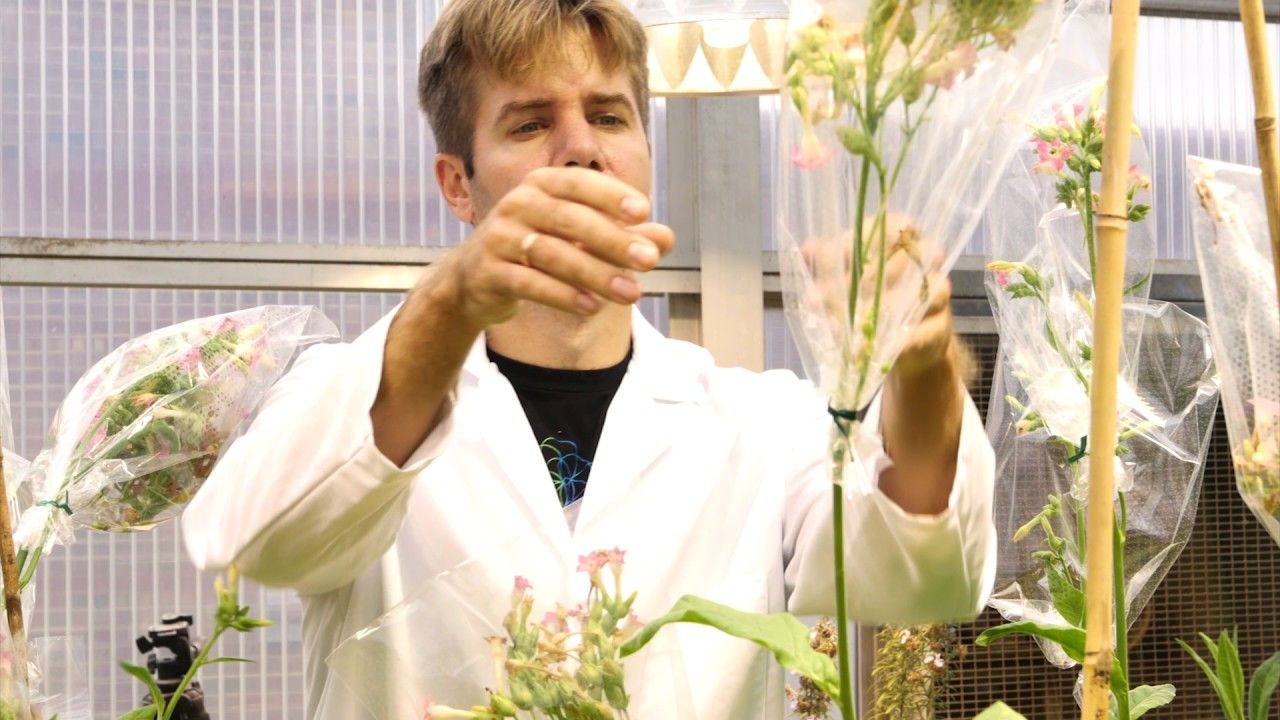In Brief
- Researchers were able to increase the weight of tobacco plants by around 14 to 20 percent compared to unmodified plants by adding in genes to improve the process of photosynthesis.
- If successful with other plants, the method could improve the yields of food crops such as cowpeas, rice, and cassava and decrease world hunger.
In terms of plants, the concept of genetically modified organisms (GMOs) often refers to the insertion of genetic information from one species of plant to another so that the recipient plant gains a desirable trait. This process has been used extensively to improve crop yields. For example, one type of rice has been made waterproof so that yields aren’t affected by heavy floods from typhoons.
Now, a group of researchers from the University of California, Berkeley, has published a paper in the journal Science that takes a different approach to increasing crop yields. Instead of inserting genetic information from one species of plant into another to change it, these biologists used genetic modification to tweak a mechanism already inherent in plants.
